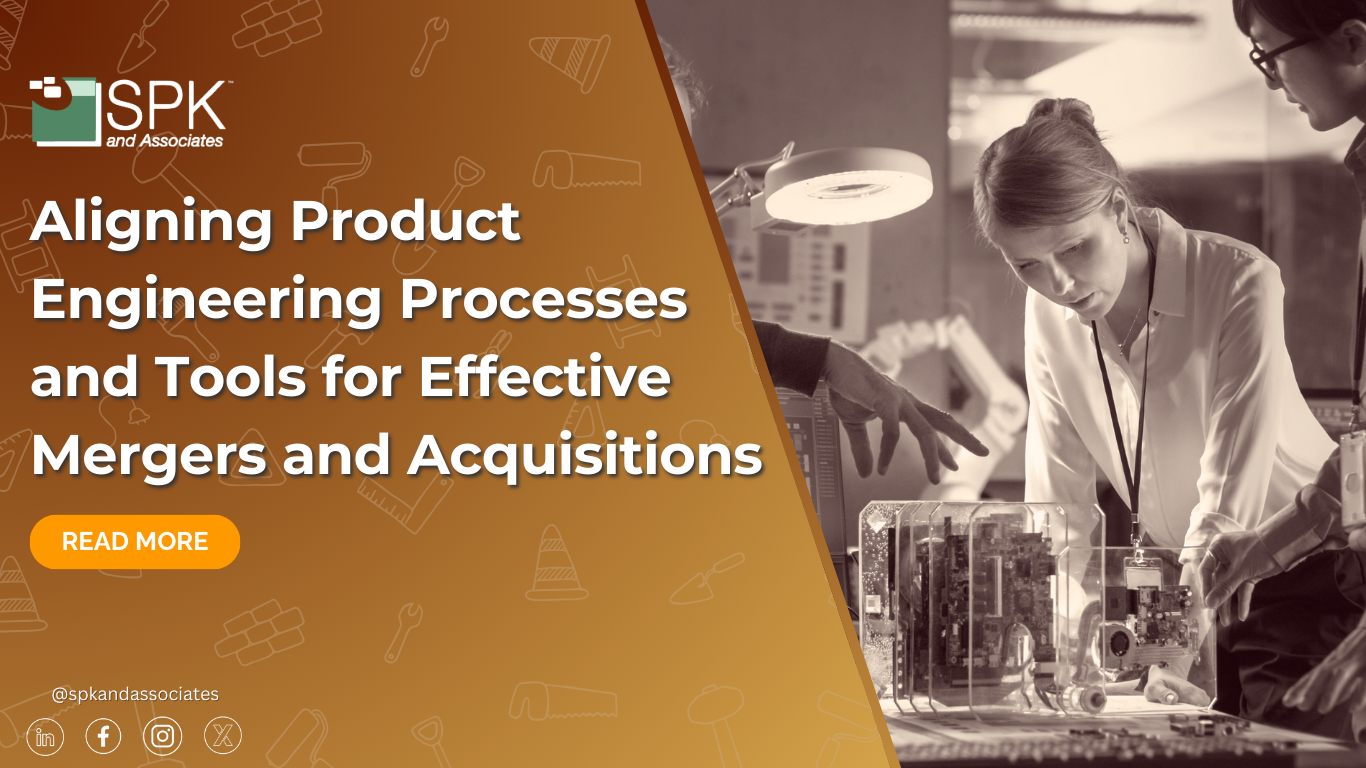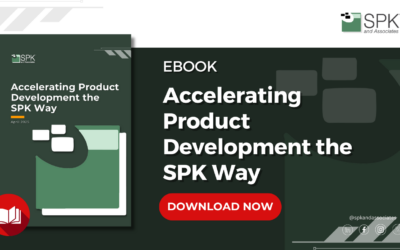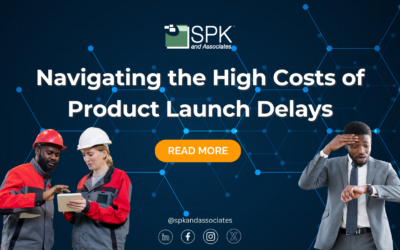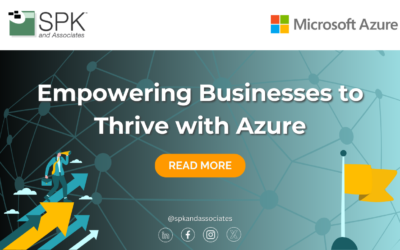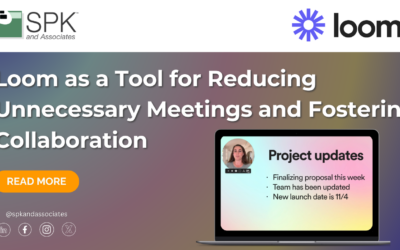Mergers and acquisitions (M&A) represent a major growth strategy for many companies, particularly in the technology, manufacturing, and engineering sectors. However, integrating two (or more) companies is never a simple task. The challenge is not only in aligning corporate culture but also in harmonizing IT, product, and engineering processes and tools to ensure that the combined entity operates efficiently and delivers the best possible results. At SPK and Associates, we specialize in guiding companies through this critical integration process. With over 20 years of experience helping organizations optimize their engineering processes and technology, we provide the expertise necessary to make M&A transitions smoother, allowing newly acquired companies to operate independently while ensuring aligned tools and processes that drive quality, collaboration, and cost savings.
Balancing Autonomy and Alignment in M&A Integration
One of the key challenges in any M&A is balancing the autonomy of the newly acquired company with the need for alignment across tools and processes. Often, companies operate with different toolsets, whether for project management, product lifecycle management (PLM), or engineering design. While some separation may be necessary for profit-and-loss (P&L) purposes, misalignment can lead to inefficiencies, duplicated costs, and siloed information.
SPK understands this delicate balance. We advocate for maintaining operational independence where it’s needed for strategic reasons but aligning engineering processes and tools wherever possible to enhance collaboration, buying power, and overall quality. This approach ensures that while each part of the business can operate effectively, the entire organization benefits from shared best practices and economies of scale.

Key Tools to Align for Success
The tools your teams use play a critical role in determining how well the M&A process succeeds. Ensuring alignment in core engineering tools, project management platforms, and product lifecycle solutions helps streamline collaboration, reduce costs, and avoid duplication of efforts. Here’s how we can help align some of the most important tools in your stack:


Jira and Confluence
Many organizations use Jira and Confluence for project management and documentation. When companies merge, they often bring different workflows and structures for using their tools. SPK can help unify Jira instances and processes across the newly formed organization with our Atlassian migration services, ensuring that task management, sprint planning, and issue tracking remain efficient. Confluence can serve as the central repository for knowledge management, keeping all teams aligned with easy access to documentation and product updates.
GitLab
If your development teams are using multiple source control and CI/CD tools post-acquisition, integration challenges can arise. SPK has deep expertise in GitLab and can help standardize development pipelines, ensuring that development and deployment practices remain consistent across both organizations. We offer services around CI/CD assessments that help determine what the desired business outcome may look like from an engineering perspective. Additionally, our GitLab Health Check services can be used to help understand what merging one or multiple instances into one may look like from a performance perspective.
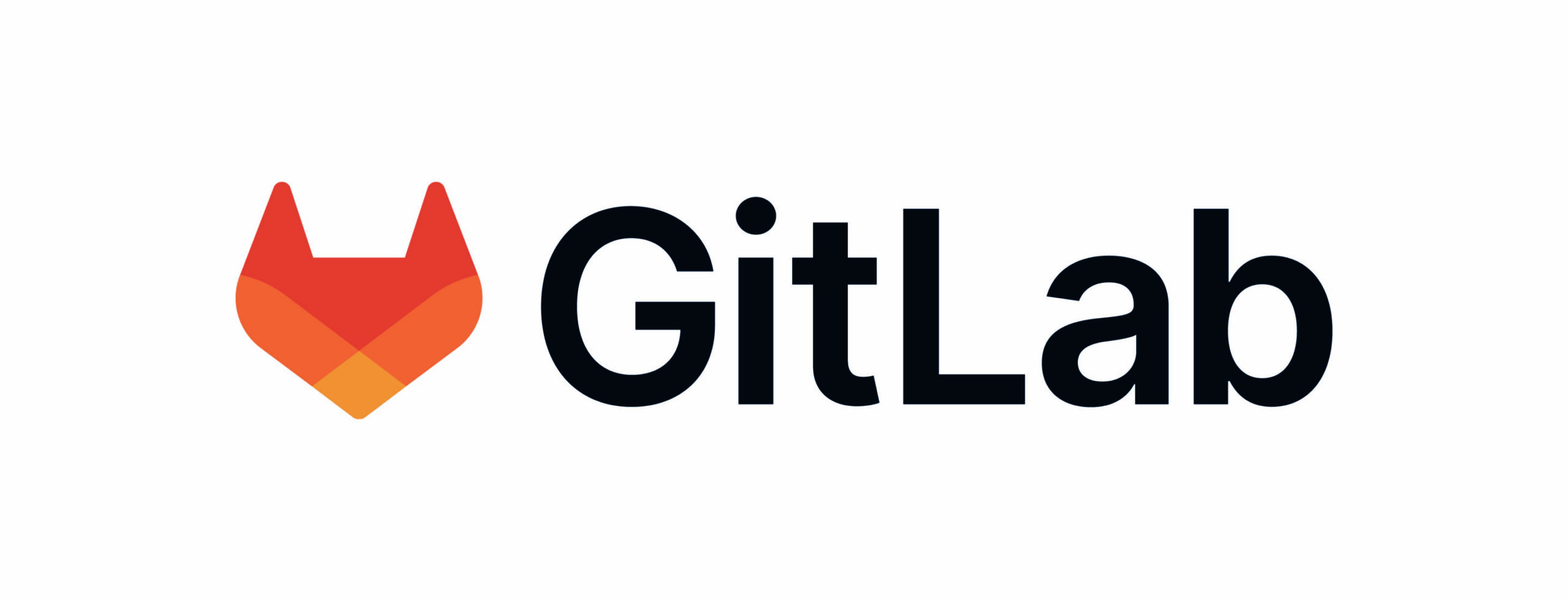

Codebeamer
As an application lifecycle management (ALM) tool, Codebeamer is particularly valuable in aligning complex product engineering processes across acquired companies. Whether you’re working with software, hardware, or hybrid product development, Codebeamer ensures traceability, compliance, and collaboration at every stage. These mergers or acquisitions may include multiple different ALM tools such as Polarion or Jama, and our team recommends standardizing on Codebeamer given the opportunity. Also, our team can help you integrate Codebeamer with tools like Jira and Windchill, streamlining ALM and PLM processes.
Windchill PLM and SolidWorks PDM
Product lifecycle management (PLM) tools like Windchill and product data management (PDM) tools like SolidWorks PDM help manage and track complex engineering data. But what tool should be used after an acquisition? The answer depends dramatically on several areas, and due to this complexity, SPK can assist in these areas. Once we have determined the best business outcomes, we can work with your team to integrate PLM/PDM systems across entities to ensure data continuity and efficient access to critical product information. Windchill, for example, enables centralized control of product data, enhancing collaboration across design and engineering teams. If there is not presently a PLM involved, perhaps Windchill+, the SaaS version of Windchill may be the best option. Our team can help you make this decision.

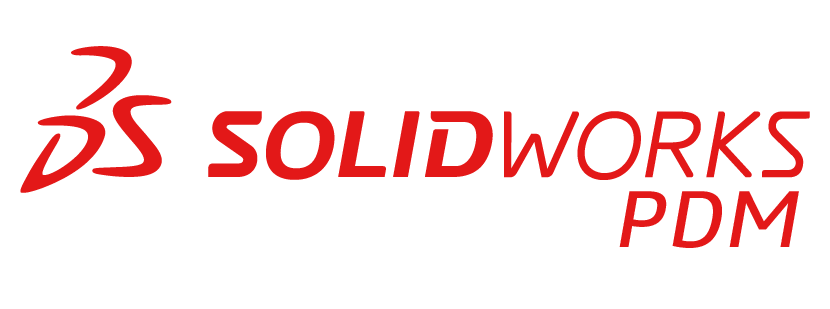


Creo and SolidWorks CAD Solutions
Many engineering organizations use CAD tools like Creo or SolidWorks to design and develop products. It’s important to ensure these tools are compatible and that teams can easily transfer and access data during merging. SPK can help integrate these systems with our CAD migration services to reduce friction and streamline design processes, ensuring that engineers from both organizations are on the same page.
Aligning Processes for Collaboration and Quality
Beyond tools, aligning engineering processes is key to ensuring that M&A integrations deliver value. Merged companies often struggle with differences in development methodologies, engineering workflows, and collaboration practices. At SPK, we have deep experience working with engineering teams to standardize and optimize workflows while respecting the unique aspects of each team’s culture and operational focus.
Here are a few process areas where SPK can provide guidance:
- Cross-Team Collaboration: Mergers often lead to siloed teams, particularly when teams are geographically dispersed. By aligning tools like Jira, Confluence, and GitLab, SPK ensures that teams can collaborate more easily, sharing data, insights, and progress across all levels of the organization.

- Compliance and Quality Assurance: Regulatory requirements can vary between industries, and SPK is well-versed in guiding organizations through compliance alignment. Whether integrating medical device companies, automotive engineering firms, or software enterprises, we work to ensure that quality and compliance processes align with industry standards, maintaining high-quality outcomes.

- Best Practices for Scalability: As the combined entity grows, scalability becomes a priority. SPK helps ensure that the engineering and product development processes are scalable and able to handle increased demands, from workflow management to design and production.
Driving M&A Success with Strategic Alignment
Integrating tools and processes during a merger or acquisition is a complex task that requires both experience and precision. SPK and Associates have the expertise to guide your organization through this critical phase, ensuring that both your processes and tools align for the best possible outcomes. From optimizing collaboration to ensuring cost efficiency through unified tool purchasing, we can help you balance autonomy with alignment, ensuring your M&A delivers its full potential.
If your organization is undergoing a merger or acquisition and you’re looking for guidance on how to integrate product engineering tools and processes effectively, contact SPK and Associates today. We’re here to help you streamline operations, reduce friction, and ensure long-term success.


